When it comes to exhaust systems, weight plays a critical role in vehicle performance. Titanium exhaust systems are up to 45% lighter than stainless steel, making them a popular choice for high-performance applications. This significant weight difference stems from the materials themselves. Titanium has a density of 4.51 g/cm³, while stainless steel is much denser at 7.8 g/cm³. A lighter exhaust system reduces overall vehicle weight, improving acceleration, handling, and efficiency. If you’re considering a stainless steel vs titanium exhaust weight comparison, understanding these differences can help you make the right choice for your vehicle.
Key Takeaways
-
Titanium exhausts are about 45% lighter than stainless steel ones. This makes cars faster and easier to handle.
-
A lighter exhaust helps save fuel. Your engine uses less gas, which saves money over time.
-
Titanium keeps the car’s weight lower to the ground. This improves balance and lowers the chance of rolling over in sharp turns.
-
Titanium works better but costs more. Stainless steel is cheaper and lasts longer, so it’s good for everyday cars.
-
Think about what you need: titanium is great for speed, while stainless steel is better for saving money.
Why Weight Matters in High Performance Exhaust Systems
Impact on Vehicle Dynamics
Acceleration and Handling
The weight of your exhaust system directly affects how your vehicle accelerates and handles. A lighter exhaust system reduces the overall weight of the vehicle, which allows the engine to work more efficiently. This improvement translates to quicker acceleration and sharper handling. High performance exhaust systems made from titanium provide a significant weight difference compared to stainless steel, making them ideal for vehicles where every ounce matters. By reducing the load, you can experience smoother cornering and better control, especially during high-speed maneuvers.
Fuel Efficiency
Reducing weight also improves fuel efficiency. A lighter vehicle requires less energy to move, which means the engine burns less fuel. Titanium exhaust systems, being much lighter than their stainless steel counterparts, help you achieve better mileage. This benefit becomes especially noticeable in high performance exhaust systems, where efficiency is a priority. By choosing a lighter material, you not only enhance performance but also save on fuel costs over time.
Weight Distribution and Balance
Effects on Center of Gravity
The placement of weight in your vehicle influences its center of gravity. A heavy exhaust system can shift the balance, making the car feel less stable. Titanium exhaust systems, due to their lighter weight, help maintain a lower center of gravity. This adjustment improves stability and reduces the risk of rollovers during sharp turns or sudden stops. For high-performance vehicles, this balance is crucial to achieving optimal handling.
Implications for High-Performance Vehicles
Proper weight distribution plays a vital role in the performance of high-performance vehicles. Uneven weight can lead to poor stability, making steering and braking more challenging. A heavy exhaust system complicates sudden braking and evasive maneuvers, which are critical in high-speed scenarios. On the other hand, a lighter exhaust system reduces axle fatigue and enhances overall handling. By choosing a titanium exhaust, you can minimize tire wear and improve braking performance, ensuring your vehicle performs at its best.
Tip: If you prioritize handling and stability, consider the weight difference between titanium and stainless steel exhaust systems. A lighter system can significantly enhance your driving experience.
Stainless Steel vs Titanium Exhaust Weight Comparison
Material Properties and Density
Stainless Steel: Density and Weight
Stainless steel exhaust systems are known for their durability and affordability. However, their density contributes to their heavier weight. Grade 304 stainless steel, commonly used in exhaust systems, has a density of approximately 7.9 g/cm³. This higher density results in a heavier exhaust system, which can impact vehicle performance. While stainless steel exhaust systems are robust and long-lasting, their weight makes them less ideal for high-performance applications where every pound matters.
Titanium: Density and Weight
Titanium exhaust systems stand out due to their lightweight properties. With a density of about 4.5 g/cm³, titanium is approximately 56% lighter than stainless steel. This significant weight reduction makes titanium a preferred choice for performance enthusiasts. Its high strength-to-weight ratio ensures durability without compromising on weight savings. By choosing titanium, you can achieve better handling, acceleration, and fuel efficiency.
Real-World Weight Differences
Example: Average Weight of Stainless Steel Exhaust
A typical stainless steel exhaust system for a sports car weighs around 40-50 pounds. This weight can vary depending on the vehicle type and exhaust design. While stainless steel provides excellent durability, its heavier weight can affect acceleration and handling.
Example: Average Weight of Titanium Exhaust
In comparison, a titanium exhaust system for the same vehicle weighs approximately 20-30 pounds. This reduction of up to 45% in weight translates to noticeable performance improvements. The lighter system enhances handling and reduces strain on the vehicle’s suspension.
Performance Benefits of Weight Savings
Case Study: Sports Cars
Weight reduction plays a crucial role in sports car performance. For instance, replacing a stainless steel exhaust with a titanium system can shave off several pounds, improving acceleration and cornering. A lighter exhaust system also helps maintain a lower center of gravity, enhancing stability during high-speed maneuvers.
Case Study: Motorcycles
Motorcycles benefit significantly from lighter exhaust systems. For example, the Termignoni Scream Black Edition exhaust reduces weight by 3.75 pounds while adding 2.30 horsepower at 3,400 rpm. This combination of weight savings and power gain makes titanium exhaust systems a popular choice among motorcycle enthusiasts.
Note: Even small weight reductions can lead to measurable performance gains. For example, reducing a vehicle’s weight by 100 pounds can improve quarter-mile times by 0.1 seconds.
Beyond Weight: Other Factors to Consider
Durability and Longevity
Corrosion Resistance
When choosing between stainless steel and titanium exhaust systems, corrosion resistance is a key factor. Titanium excels in this area, resisting rust even in harsh environments like saltwater or extreme heat. It remains unaffected by rain or moisture, making it ideal for vehicles exposed to challenging conditions. Stainless steel also offers good corrosion resistance but may show signs of wear over time, especially in coastal areas where salt and moisture are prevalent. While both materials are durable, titanium’s superior resistance ensures a longer lifespan, particularly in extreme conditions.
Heat Resistance
Heat resistance is another critical aspect of durability. Titanium dissipates heat quickly, reducing the risk of overheating and ensuring safer operation. This property makes titanium exhaust systems more reliable for high-performance vehicles. Stainless steel, while durable, dissipates heat more slowly, which can lead to higher temperatures in the exhaust system. Over time, this difference may impact the system’s longevity and performance. If you prioritize heat management, titanium offers a clear advantage.
Cost and Affordability
Stainless Steel: Cost Analysis
Stainless steel exhaust systems are more affordable, making them a popular choice for budget-conscious drivers. They provide excellent durability at a lower price point, which is why they are commonly used in daily drivers. However, the heavier weight of stainless steel may limit its appeal for performance-focused applications.
Titanium: Cost Analysis
Titanium exhaust systems come with a higher price tag due to their lightweight properties and superior durability. While the initial cost is significant, the long-term benefits, such as improved performance and reduced maintenance, can justify the investment. For enthusiasts seeking high performance and longevity, titanium is worth considering despite its higher cost.
Aesthetic and Sound Characteristics
Visual Appeal
Titanium exhaust systems stand out with their high-end, exotic appearance. The material’s natural finish and ability to develop a unique blue or purple tint under heat make it visually appealing to performance enthusiasts. Stainless steel, on the other hand, offers a polished, classic look that suits a wide range of vehicles. While both materials have aesthetic value, titanium’s distinctive appearance often appeals to those seeking a premium look.
Sound Differences
The sound characteristics of exhaust systems also influence your choice. Titanium produces a high-pitched, aggressive tone that resonates with racing and performance enthusiasts. In contrast, stainless steel delivers a deeper, richer sound that appeals to daily drivers who prefer a smoother exhaust note. Your preference for sound can play a significant role in deciding which material suits your needs.
Tip: If you value a unique look and aggressive sound, titanium is the way to go. For a balanced tone and affordability, stainless steel is a solid choice.
Choosing the Right Exhaust System for Your Needs
Performance-Oriented Applications
Racing and High-Performance Vehicles
For racing or high-performance vehicles, choosing the right exhaust system can significantly impact your driving experience. A titanium exhaust system offers a lightweight solution, reducing the overall weight of your vehicle and improving acceleration and handling. Beyond weight savings, you should also consider other factors:
-
Sound preferences: Titanium systems produce an aggressive, high-pitched tone, ideal for racing enthusiasts.
-
Performance gains: Exhaust systems designed for better airflow can enhance torque and horsepower, which are critical for high-speed applications.
-
Material choices: Titanium provides excellent durability and resistance to harsh conditions, ensuring reliability during intense use.
-
Legal compliance: Always ensure your exhaust system adheres to local noise and emissions regulations to avoid penalties.
By focusing on these aspects, you can optimize your vehicle for peak performance on the track or road.
Lightweight Builds
If you’re building a lightweight vehicle, a titanium exhaust system is a top choice. Its reduced weight helps lower the car’s center of gravity, improving stability and handling. This makes titanium ideal for enthusiasts aiming to shave off every unnecessary pound. Additionally, its corrosion resistance ensures long-term reliability, even in challenging environments. While the cost difference between titanium and stainless steel may seem significant, the performance benefits often outweigh the expense for lightweight builds.
Cost-Conscious Applications
Daily Drivers
For daily drivers, stainless steel exhaust systems provide a practical and affordable solution. While stainless steel is heavier than titanium, the weight difference is negligible for everyday use. Most drivers won’t notice a performance impact, making stainless steel a reliable choice. Its durability ensures it can withstand years of use without rusting or corroding, even in harsh weather conditions. This makes it a cost-effective option for those prioritizing longevity over performance.
Budget-Friendly Modifications
If you’re looking for budget-friendly modifications, stainless steel exhaust systems offer excellent value. They combine affordability with strength, ensuring your investment lasts for years. While titanium systems provide superior performance and weight savings, their higher cost may not suit budget-conscious consumers. Stainless steel allows you to upgrade your vehicle without breaking the bank, making it ideal for those seeking practical enhancements.
Tip: Consider your priorities—whether it’s performance, weight savings, or cost. Stainless steel suits most daily drivers, while titanium excels in high-performance and lightweight applications.
Choosing between titanium and stainless steel exhaust systems depends on your priorities. Titanium exhaust systems are significantly lighter, offering up to 45% weight savings compared to 304 stainless steel. This weight reduction enhances handling, acceleration, and fuel efficiency, making titanium ideal for high-performance and lightweight applications. Additionally, commercially pure titanium provides excellent heat resistance and corrosion protection, ensuring long-term reliability in harsh conditions.
On the other hand, 304 stainless steel exhaust systems are more affordable and durable. They resist rust and corrosion, even when scratched, and offer durability and toughness for daily use. Stainless steel is a cost-effective choice for long-term applications, providing excellent performance without breaking the bank.
Your decision should align with your goals. If you prioritize performance and weight savings, titanium is the better option. However, if you value affordability and durability, stainless steel is the practical choice.


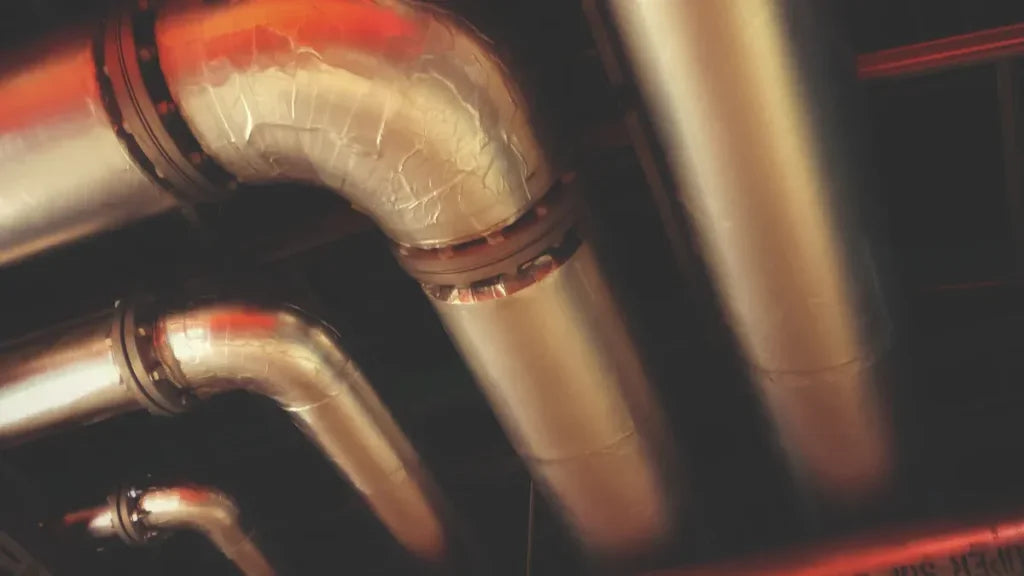
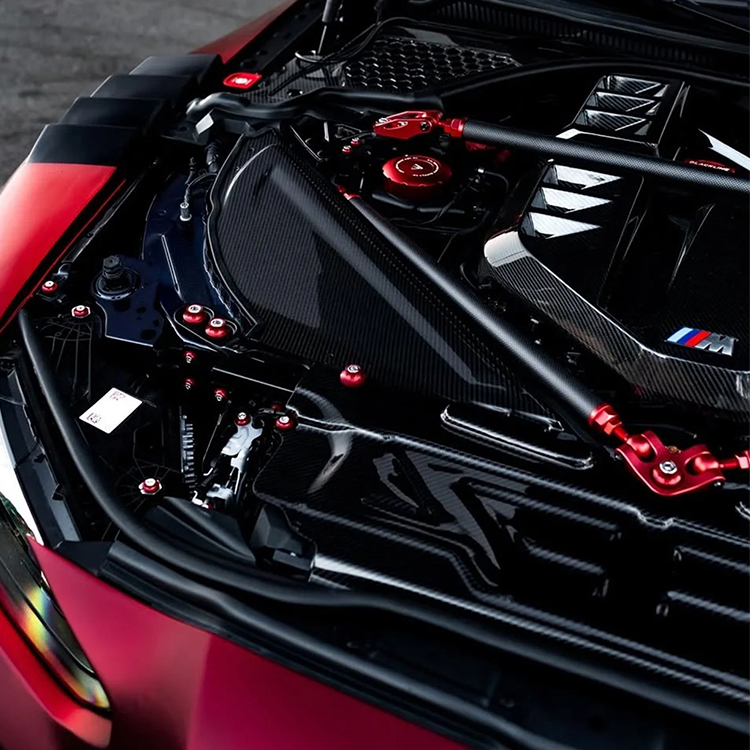
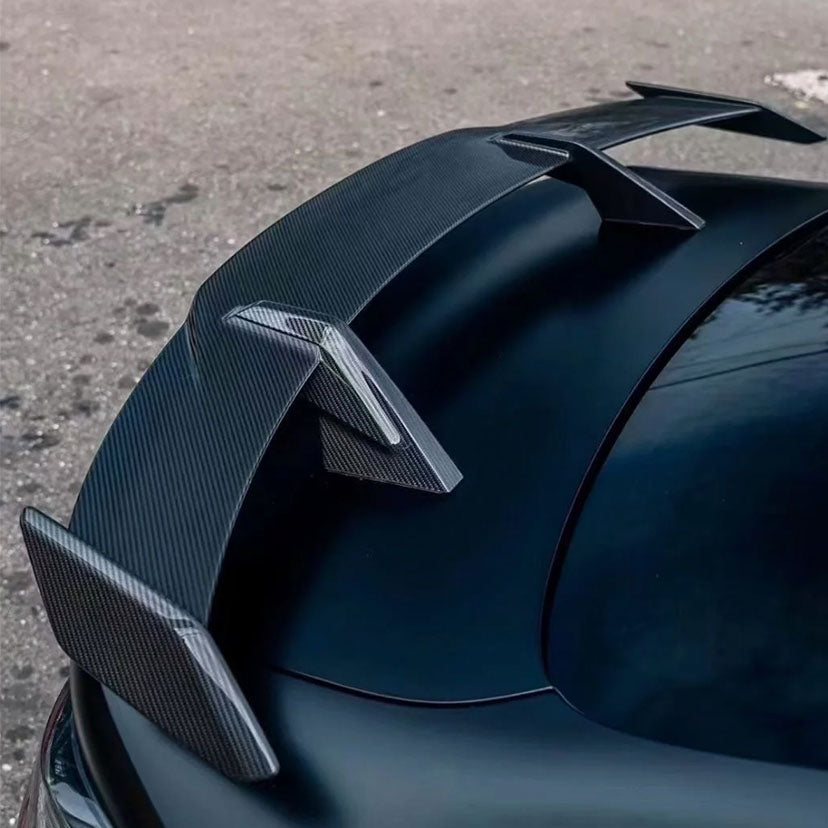
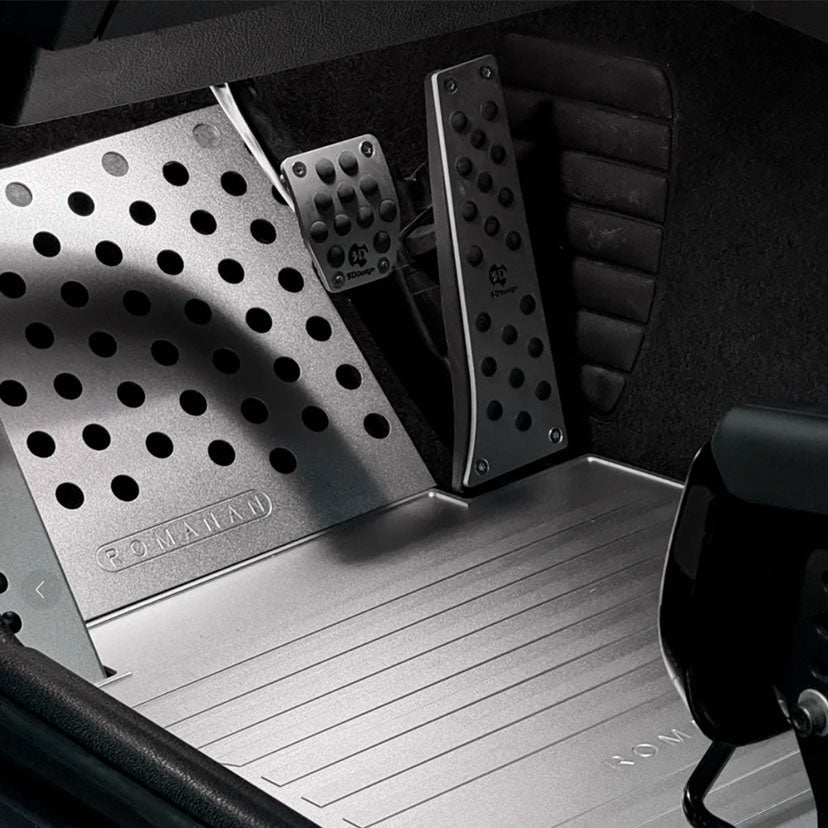


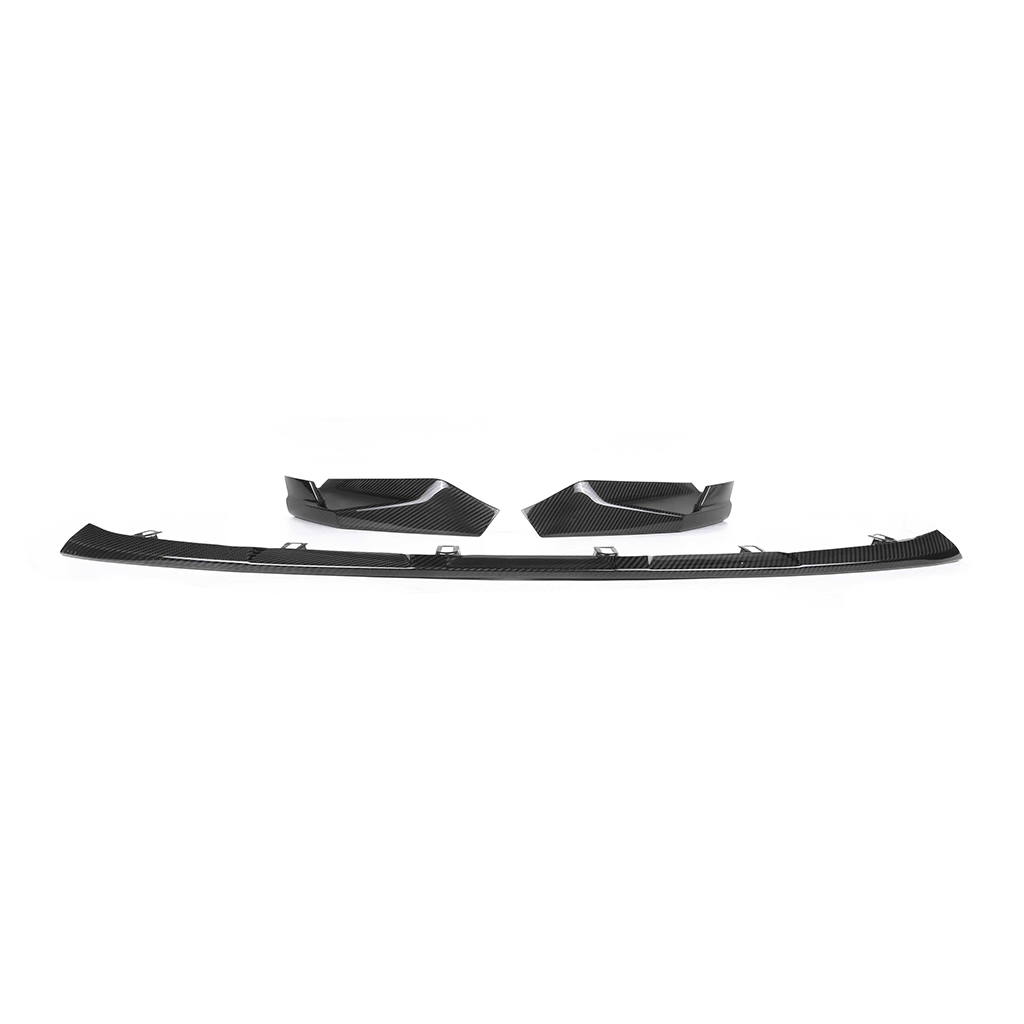
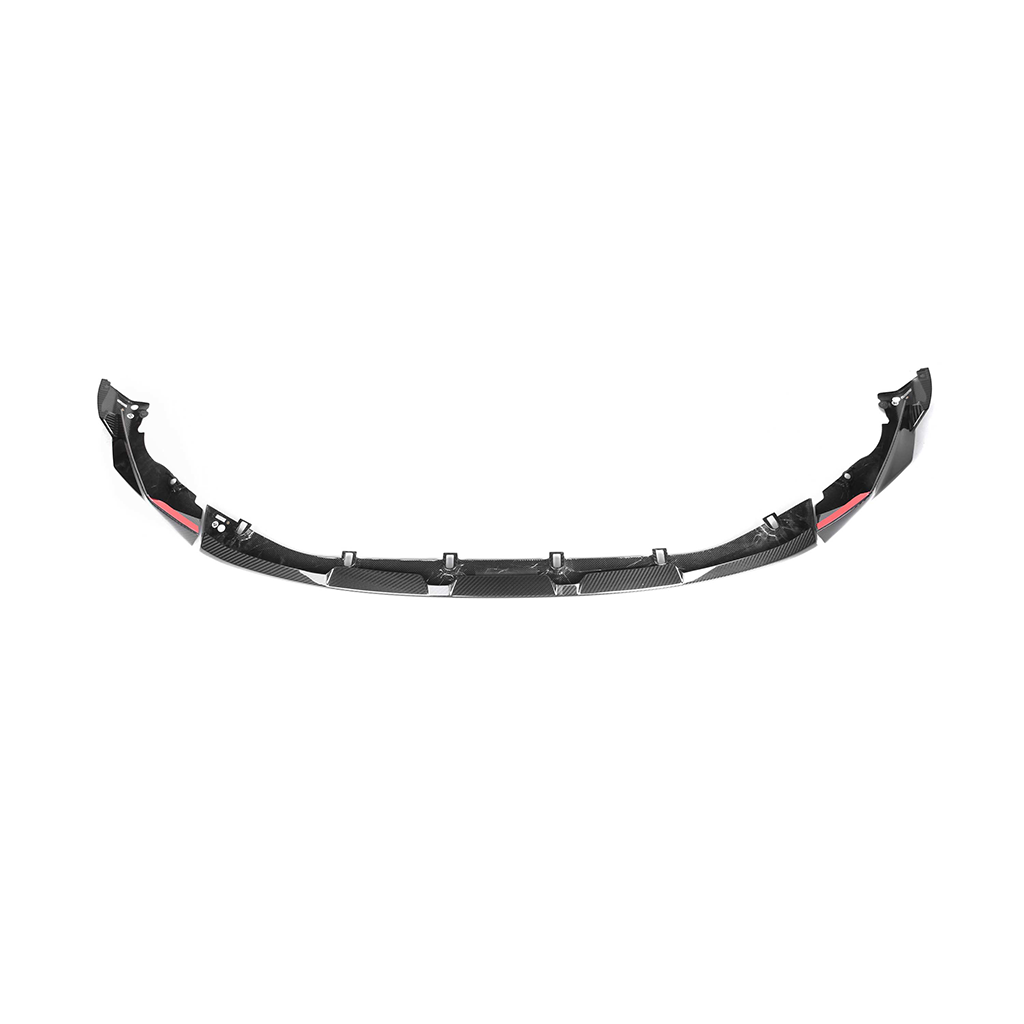
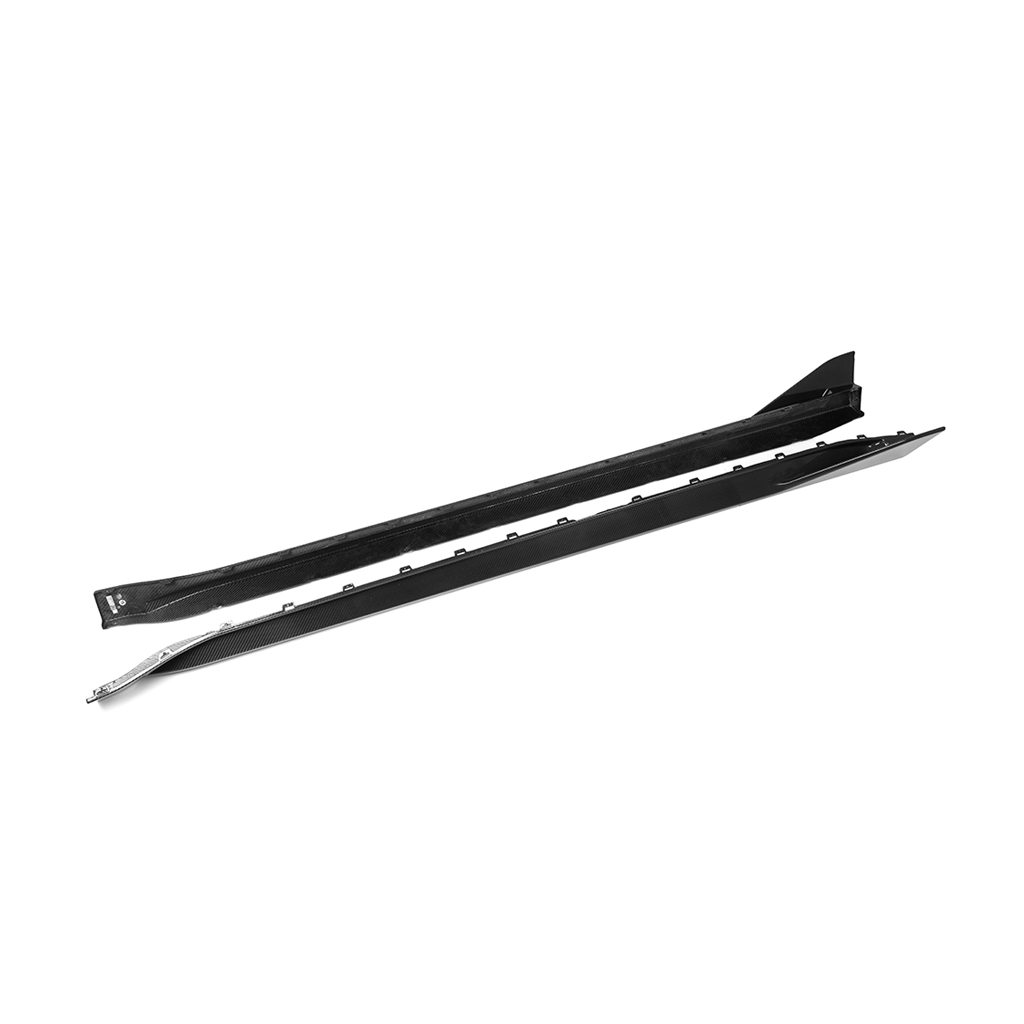
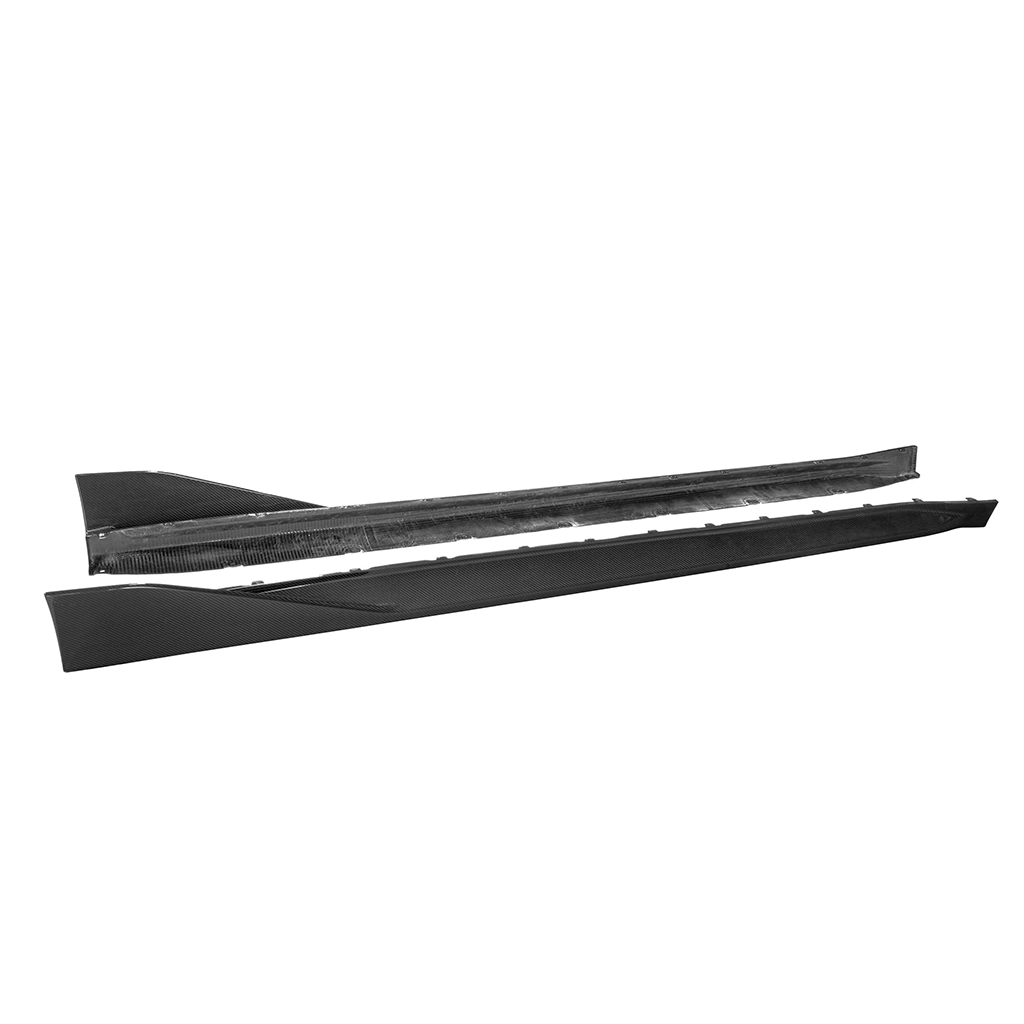
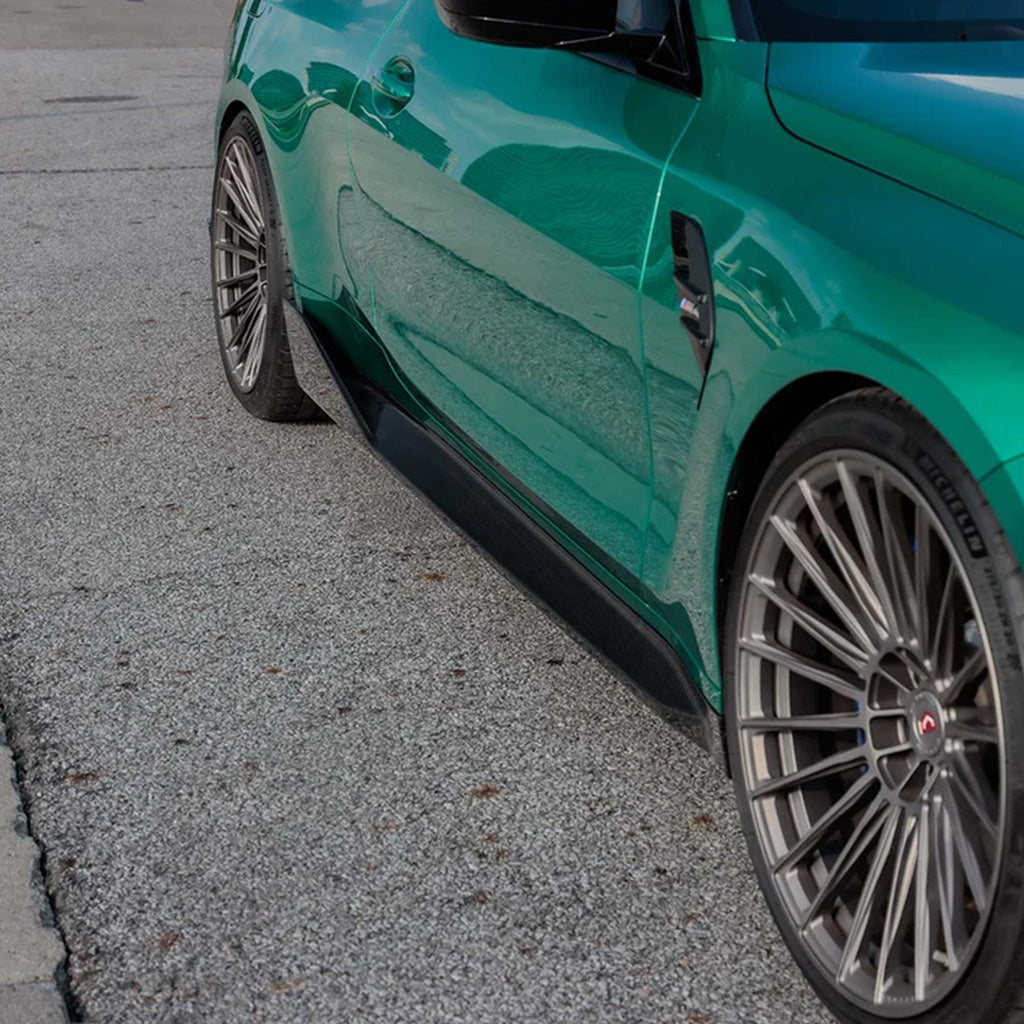



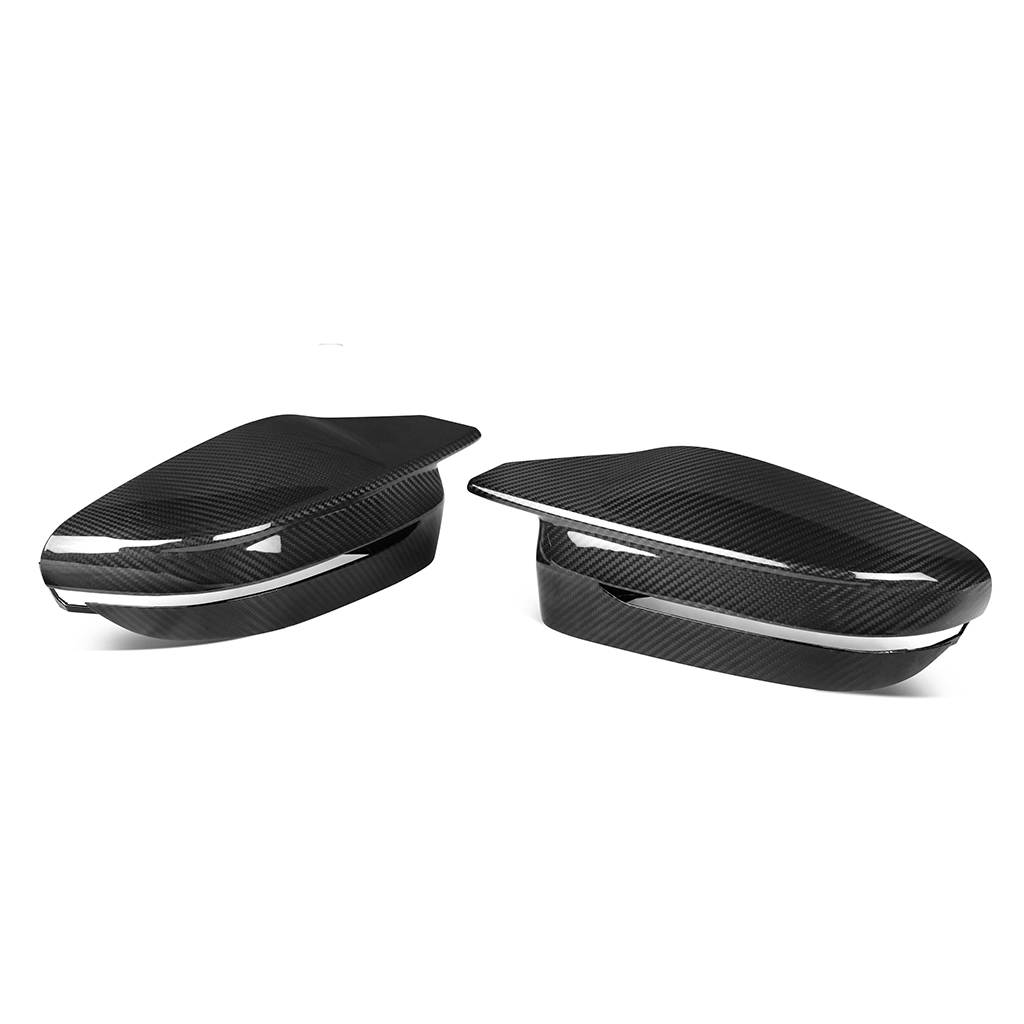
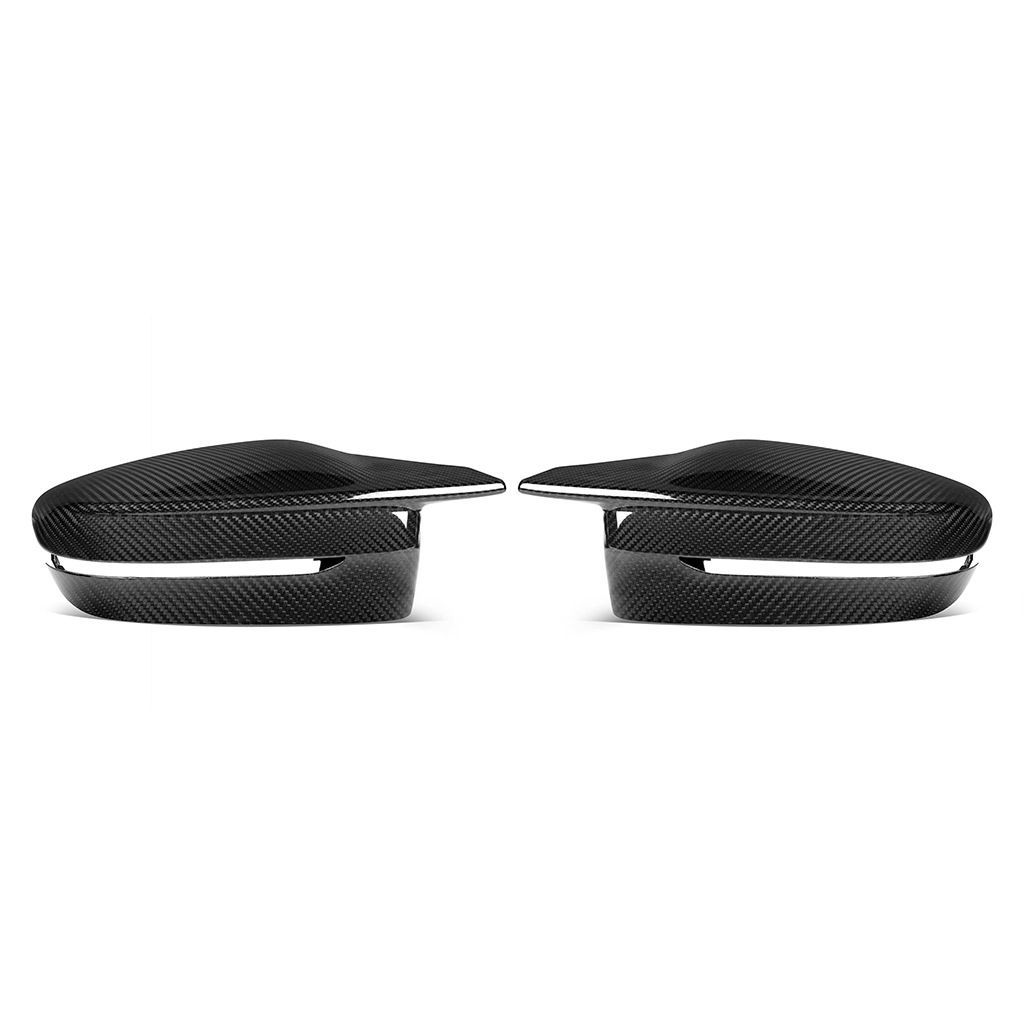
Share:
What Are Lightweight Carbon Fiber Engine Mounts and Why They Matter
Impact of Valve Opening Angle on Torque in Hydrodynamic Applications